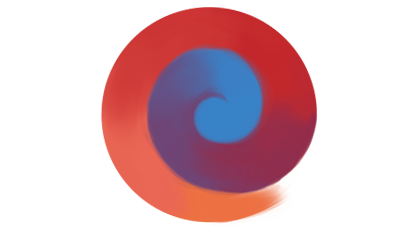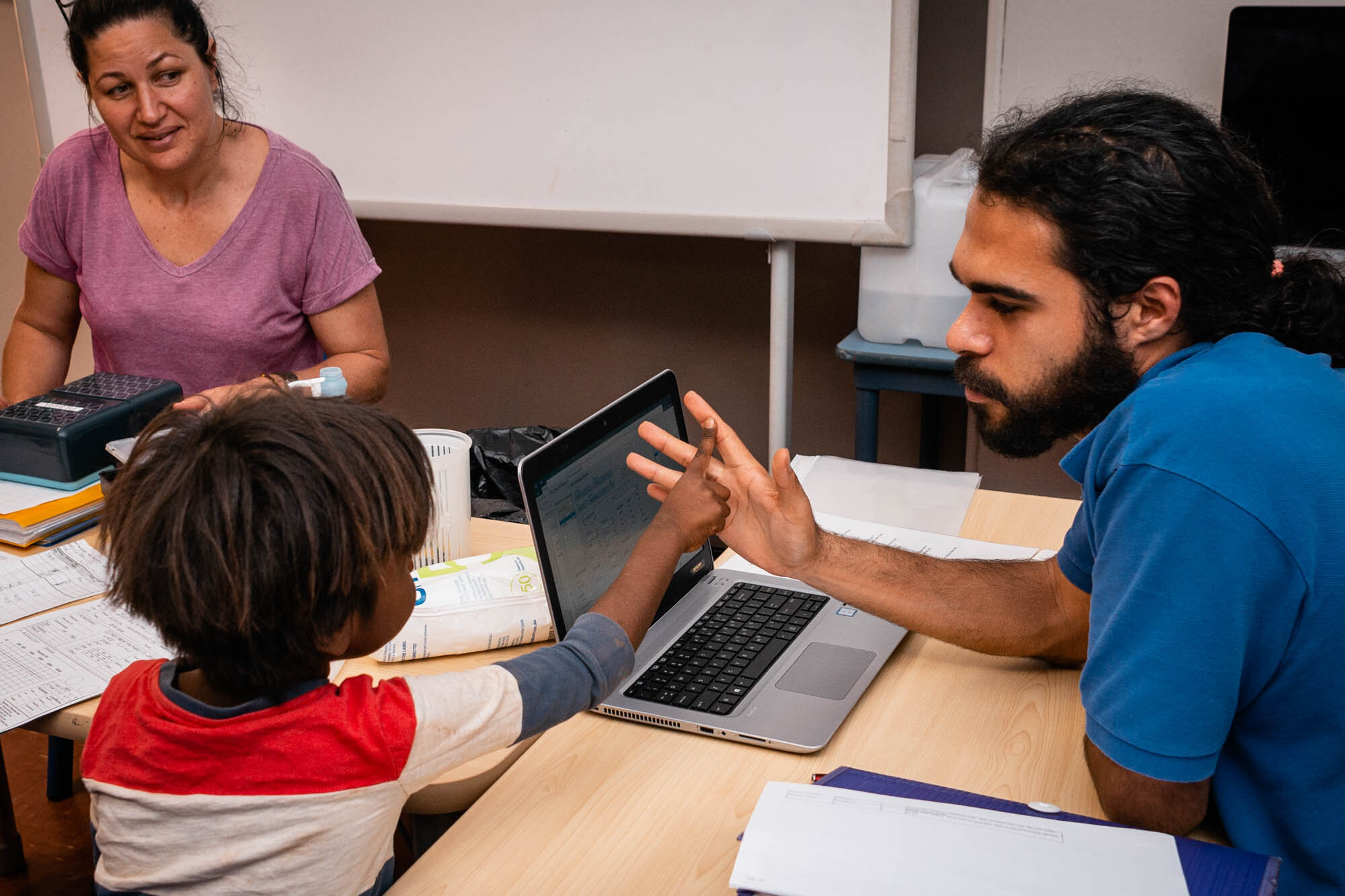Cultural Safety
Cultural safety is about creating a safe environment for Aboriginal and Torres Strait Islander people. This means no assault on, challenge to or denial of their identity and experience. Cultural safety is about: shared knowledge, shared meaning and shared respect.
Culturally safe service delivery is crucial in enhancing personal empowerment for Aboriginal clients; and should promote more effective and meaningful pathways to self-determination for Indigenous people. For Earbus Foundation this means self-determination for First Nations parents, carers and children when they engage with our service. This also means ensuring First Nations stakeholders, such as local Aboriginal Medical Services and representative bodies, are able to provide direction and input in our services on the ground.
The design of the Earbus service began with direct input from First Nations founders to ensure that cultural safety was at the core of its development and operations. Short term, cost effective and quick fix approaches to Indigenous issues do not address the multiple complex challenges of Indigenous health and education. The issue of cultural safety is paramount.
At every opportunity, Earbus Foundation board and staff engage in critical reflection on their experiences and knowledge to define and frame what cultural safety means in the field. For example, Earbus Foundation Outreach teams were able to fulfil all requirements to continue clinical visits during the COVID-19 closure of communities because these communities endorsed our service provision and determined where and when access would be safely permitted. Earbus Foundation received biosecurity clearance by meeting all the stringent requirements to ensure community safety during pandemic lockdown. Earbus Foundation always monitors and enacts what is culturally appropriate and culturally safe within work spaces for children, families and staff. This includes strong adherence to protection of privacy when engaging in consults with young adults and elders in the community.
Whadjuk Noongar Elders, Uncle Ben Taylor and Aunty Mingli McGlade, perform a Smoking Ceremony for the Perth Metro Earbus
All Earbus Foundation staff complete 6-part cultural orientation training when starting employment and at least 2 days per year of professionally curated cultural awareness training. During 2020 we have been working to refine and adapt the Aboriginal cultural safety in health care: AIHW monitoring framework to ensure constant reflection on cultural safety wherever Earbus Foundation works with First Nations peoples, and this detailed check list will inform all our work going forward.
Earbus Foundation believes Aboriginal governance and leadership underpins a strong focus on cultural safety, reinforced by the proactive recruitment and deployment of First Nations staff. Currently, 15% of Earbus Foundation full-time and part-time staff are Aboriginal. They provide a diversity of backgrounds and input to guide decision-making and culturally safe service delivery. Aboriginal staff fill a variety of leadership, clinical and clerical roles within our organisation. Cultural safety is at the core of Earbus Foundation operations and all staff actively work to ensure that it remains a focus for all its operations.
Learn more about how Earbus operates and what programs we provide:
Clinical Practice & Duty of Care



